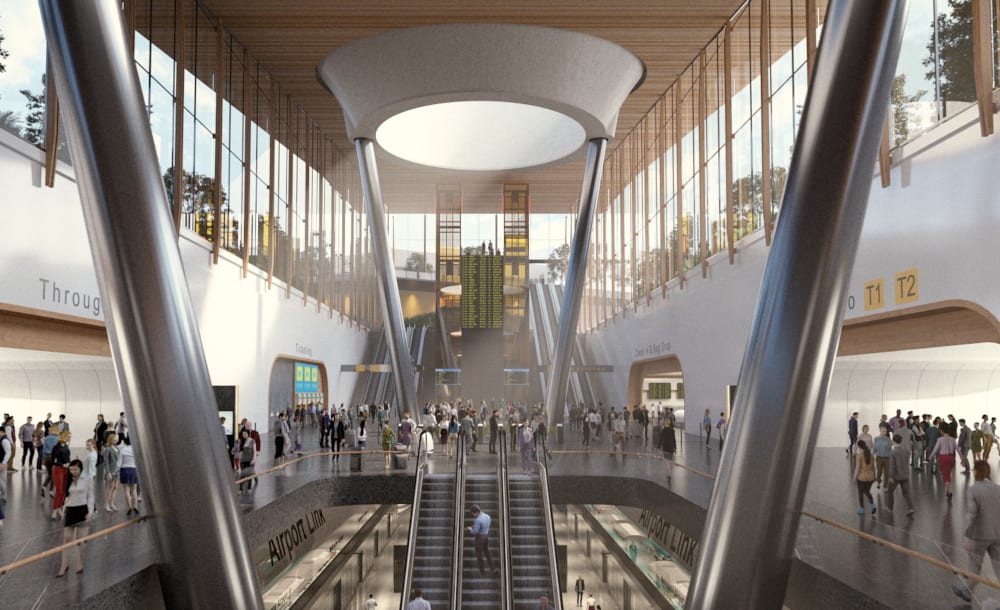The Melbourne Airport Rail Link decision making process rolls on through the media
OPINION:
Had you been reading either of Melbourne's printed-matter newspapers over the weekend, you'd have noticed the media circus surrounding the Melbourne airport rail Link was still firing on all cylinders.
It's been bubbling away for months and different parties appear to be leaking to different newspapers and everyone seems to be attempting to play the other party against any number of other counterparties.
It's been fascinating to watch the reaction - in said newspaper comment sections and on social media - and for this seasoned observer, it's been an equally fascinating real-time insight into how the emotions of consumers of media ebb and flow, depending on what they read/watch.
Old arguments are re-surfacing... "Why are we spending billions on business people and tourists when we could spend money on [insert project/cause here]?", the über-green/lefty bubble are emboldened... "Aviation is the devil. Therefore we should ban it, and therefore we don't need a rail link", and the purists in the business world are still trotting out the same old neo-liberal 'gumpf'.
In the absence of any detail on the project - what it will look like, how quickly will it transport people to and from the airport, what are the other benefits of building it - it feels as though many people are emotionally on edge and on a rapid journey to despair depending on the relative positive or negative bent on a media report.
This is what happens in an information vacuum.
Political parties propose infrastructure projects, promise they'll get the bureaucrats to check things over and develop business cases which take well over a year all the while engaged voters are left to their own devices, pursuing circular arguments.
If only there were a better way of doing things.
The story thus far
Malcolm Turnbull surprised most people by calling a press conference on the kerb of Melbourne airport to announce his government would stump up $5 billion to build an airport rail link to Melbourne's Tullamarine Airport.
A few weeks later, the Andrews Government came around to the idea and said they'll match the federal government's $5 billion with their own $ 5 billion putting a whopping $10 billion in play.
Not long after the state government made its announcement, a consortium headed by IFM (which has takes in Melbourne Airport and Southern Cross Station) said it would stump up another $5 billion in private funds. This funding is on top of the $10 billion in public financing that would see a tunnel built much like the one advocated for by the Rail Futures Institute. The project was named AirRail Melbourne.
Last year we saw stories on The Age and Herald Sun which purported to give us an insight into the decision making progress at the stat level. The state government wasn't happy with some of the terms of the proposed AirRail proposal - specifically the per-train price of running other services through this tunnel (despite the investment of public funds in the project).
We then saw more reports the state government is now considering alternatives - like building Melbourne Metro 2 and having Geelong trains running through that corridor, freeing up more space on the 4 track Sunshine corridor.
Over the weekend, both The Age and Herald Sun have been framing the latest insight into the apparent latest thinking on the airport rail project as new services running on congested tracks.
If you're confused, you're not alone
While the above is a heavily condensed summary of what I've been reading over the past 6-12 months, you are forgiven if you are confused.
In all, the media circus that seems to be carrying the Melbourne airport rail Link, could be wrong and have taken us all down a completely different path to what eventually will be announced.
We're just going to have to endure the circular arguments and keep on waiting until a public statement on the project is made.
